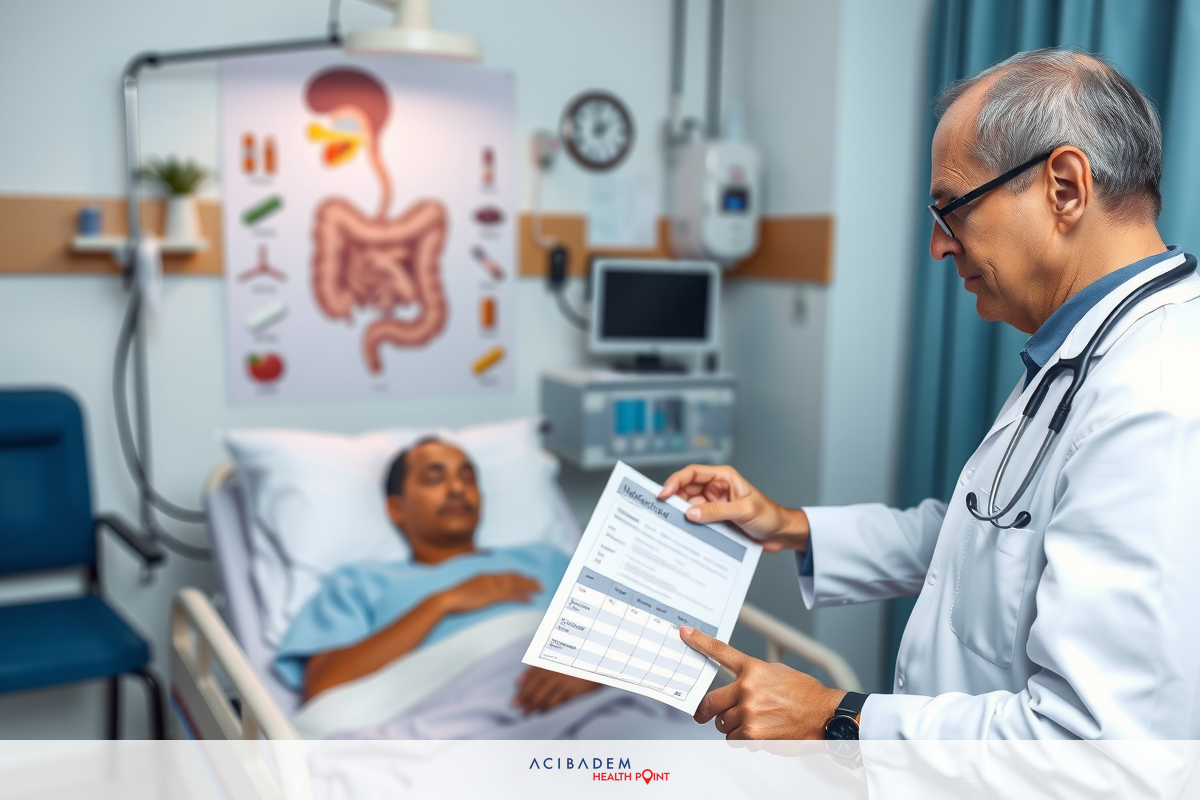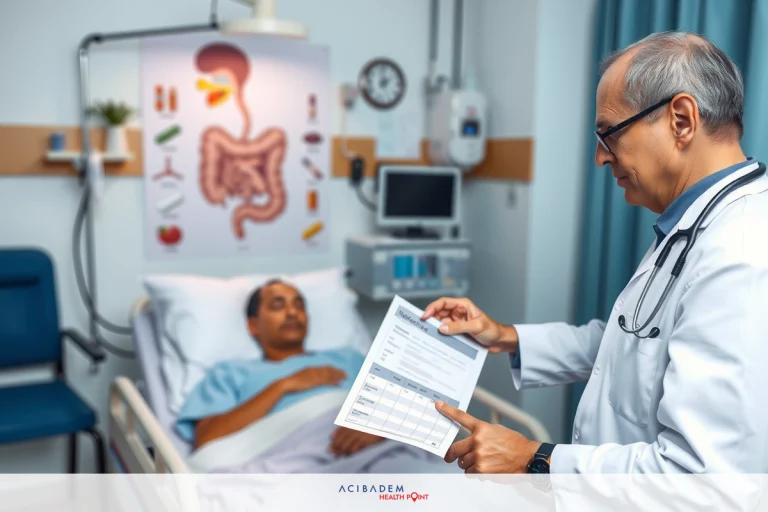Can You Take NSAIDs After Gastric Sleeve?
Can You Take NSAIDs After Gastric Sleeve? Non-steroidal anti-inflammatory drugs, commonly known as NSAIDs, are a popular choice for pain relief. After undergoing gastric sleeve surgery, it is vital to evaluate the safety and appropriateness of taking these medications. The objective is to ensure that the healing process goes smoothly without any complications and the patient experiences effective pain management.
Gastric sleeve surgery involves significant changes to the digestive system. Therefore, it’s pertinent to understand how certain medications can impact this altered physiology. This article aims to provide an understanding of the relationship between NSAIDs and gastric sleeve surgery and discuss alternatives for managing pain post-surgery. It will highlight the potential risks associated with NSAID use in the context of gastric sleeve surgery, thereby empowering readers with knowledge to make informed decisions about their health.
NSAIDs and Gastric Sleeve: Understanding the Connection
Non-steroidal anti-inflammatory drugs (NSAIDs) are frequent go-to medications for managing pain and inflammation. They work by blocking enzymes that produce chemicals responsible for pain and swelling in the body. However, after a gastric sleeve surgery, it’s crucial to understand how these medications interact with your new digestive system.
Gastric sleeve surgery reduces the size of the stomach, and this alteration changes how medications like NSAIDs are absorbed and processed in the body. Firstly, with a smaller stomach, drugs may be absorbed more quickly into the bloodstream, potentially leading to higher levels of the drug in your system at one time. This can increase the risk of side effects. Secondly, NSAIDs are known to cause irritation to the stomach lining, which can lead to ulcers. After gastric sleeve surgery, the stomach is more susceptible to such damage.
It’s important to note that while NSAIDs are highly effective at relieving pain, they can pose significant risks when used post-gastric sleeve surgery. These medications can potentially cause gastritis or ulcers in the newly formed stomach pouch due to their harsh effect on the stomach lining. Furthermore, because gastric sleeve surgery speeds up medication absorption, overuse of NSAIDs could lead to an overdose unintentionally. Thus, it is generally recommended to avoid NSAIDs after gastric sleeve surgery unless explicitly prescribed by a healthcare provider who is aware of your surgical history.
While NSAIDs are commonly used for pain relief and management of inflammation, they may not be safe for individuals who have undergone gastric sleeve surgery due to potential risks such as rapid absorption and potential harm to the stomach lining. It’s always best to consult with your healthcare provider about what pain management options are most appropriate and safe for you after undergoing such a substantial change to your digestive system.
Managing Pain After Gastric Sleeve Surgery
After gastric sleeve surgery, pain management is a critical aspect of the recovery process. However, with the well-documented risks associated with the use of NSAIDs post-surgery, it becomes necessary to explore alternative pain relief options. Understanding these alternatives can help patients effectively manage discomfort while minimizing potential risks.

One commonly used alternative to NSAIDs is acetaminophen, also known as paracetamol. Unlike NSAIDs, acetaminophen does not cause stomach irritation or increase the risk of ulcers, making it a safer choice for pain management after gastric sleeve surgery. This medication is primarily used to relieve mild to moderate pain and reduce fever. Despite its effectiveness, it’s essential to take it as per the prescribed dosage because excessive use can potentially harm the liver.
Opioids are another class of medications that can be used for post-surgery pain management. These drugs work by binding to opioid receptors in the body, which reduces the perception of pain. However, they should be used sparingly due to their potential for dependence and other side effects like constipation and drowsiness. In some cases, non-medication strategies can also be effective in managing pain. Techniques such as deep breathing exercises, progressive muscle relaxation, guided imagery, and distraction can help reduce the perception of pain and promote relaxation.
It is crucial to remember that every individual’s response to pain and medication varies. Therefore, what works best will depend on personal circumstances and the nature of your surgical procedure. Always consult with your healthcare provider before starting any new medication or altering your current medication regimen for pain management after gastric sleeve surgery. They can provide guidance based on your specific medical history and needs, ensuring optimal recovery with minimal discomfort.
Frequently Asked Questions
Can I take NSAIDs for pain relief after gastric sleeve surgery?
It is generally recommended to avoid taking NSAIDs for pain relief after gastric sleeve surgery. This is because NSAIDs can irritate the stomach lining and increase the risk of ulcers, which can be particularly concerning after undergoing gastric sleeve surgery. It's important to discuss alternative pain management options with your healthcare provider to ensure effective pain relief without compromising your recovery.
What are the alternatives to NSAIDs for pain management after gastric sleeve surgery?
There are several alternatives to NSAIDs that can be considered for pain management after gastric sleeve surgery. Acetaminophen (paracetamol) is often recommended as a safer option since it does not typically cause stomach irritation or ulcers. Your healthcare provider may also prescribe opioids for more severe pain, although they should be used with caution due to their potential side effects and risk of dependence. Additionally, non-medication strategies like deep breathing exercises, relaxation techniques, and distraction methods can also help alleviate discomfort.
Are there any risks associated with taking NSAIDs after gastric sleeve surgery?
Yes, there are risks associated with taking NSAIDs after gastric sleeve surgery. These medications can potentially cause stomach irritation, gastritis, or ulcers in the newly formed stomach pouch due to their harsh effect on the stomach lining. Additionally, the rapid absorption of medications after gastric sleeve surgery increases the risk of unintentional overdose. Therefore, it is generally advised to avoid NSAIDs unless specifically prescribed by your healthcare provider who is aware of your surgical history.
When can I start taking pain medication after gastric sleeve surgery?
The timing for starting pain medication after gastric sleeve surgery will depend on various factors, including your surgeon's recommendations and your individual healing progress. Typically, pain medication may be prescribed immediately after surgery to manage discomfort during the initial recovery period. However, it's important to follow your surgeon's instructions and consult with them regarding the appropriate timing and dosage of pain medication.
Can I take over-the-counter NSAIDs if prescribed by my doctor after gastric sleeve surgery?
If your doctor has specifically prescribed over-the-counter NSAIDs for you after gastric sleeve surgery, it is important to follow their guidance. They may have considered your individual circumstances and determined that the benefits outweigh the potential risks in your case. However, it is crucial to communicate openly with your doctor about any concerns or side effects you experience while taking these medications, as they can provide further guidance and adjust your treatment plan if needed.











